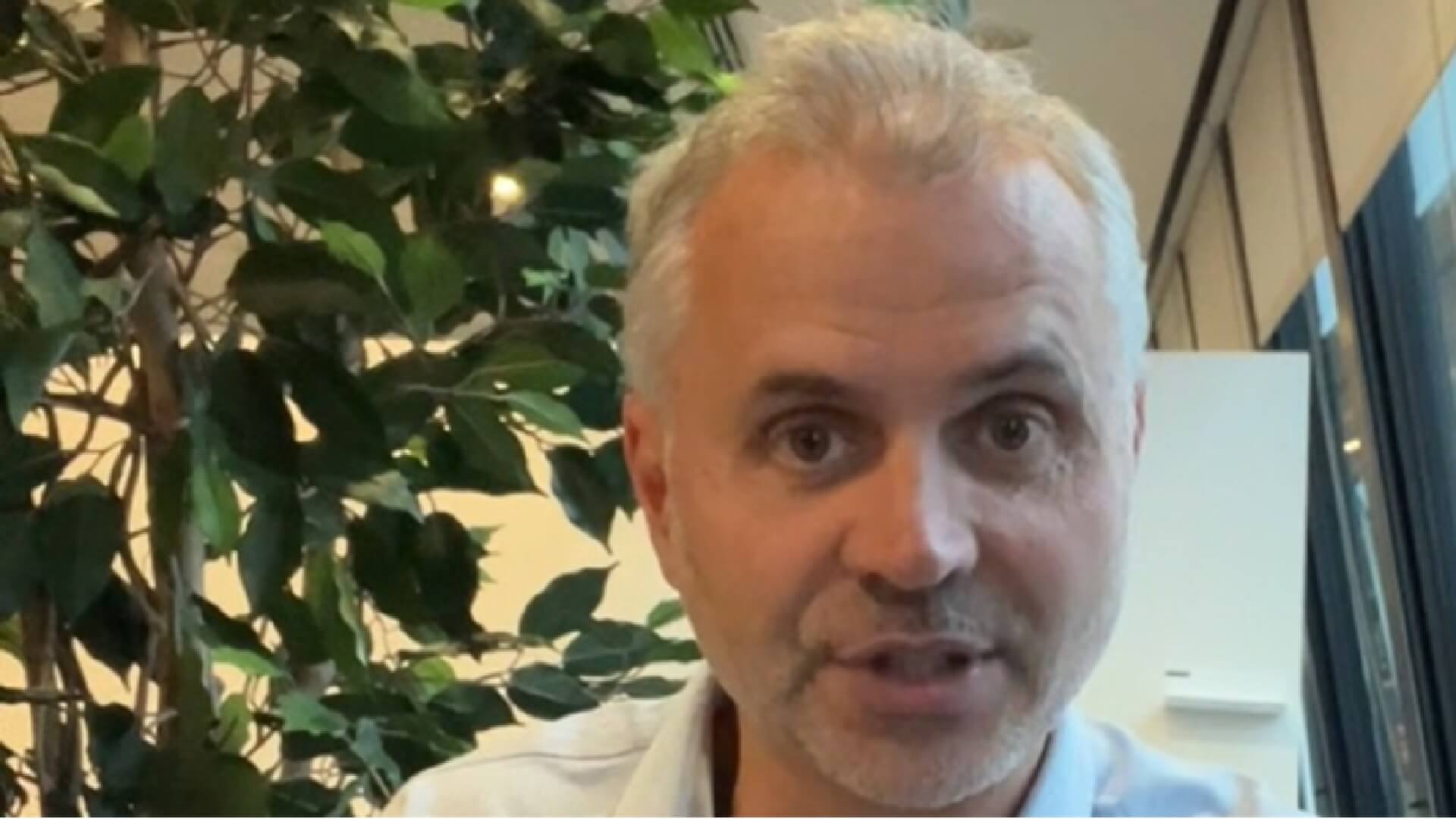How confident are you with investments?
Whether you're a complete newbie, sharpening your skills or fine-tuning your strategy, we've got tips and guides for you.

Expert
If you're confident you know your stuff, dive straight in with our market insights.

A new home for investments and pensions
Our investments and pensions business is being sold to Octopus Money, subject to approval by the Financial Conduct Authority (FCA).
Read moreExpert's guides
Congrats, you're already investment savvy. We'll help you stay up to date on all the latest industry trends and analysis.
Latest update: 31 March 2024
Latest news and tips

5 tips for investors when it comes to mortgages
In recent years, increases in house prices followed by interest rate rises have left homeowners with soaring mortgage costs. We’ve put together five helpful tips to help navigate this tricky landscape.

5 tips for investing through the cost-of-living crisis
Take a dive into what caused the cost-of-living crisis and what it means for your investments.

Inflation
Get to grips with it and what it means for your investments

Interest Rates
Giving you investment cold feet? Here’s what you need to know.

What’s market volatility and what should investors do?

Cash savings versus investments – which should you choose?

Managing your Virgin Money pension

Managing your ISA

What are trade tariffs and what do they mean for investors?
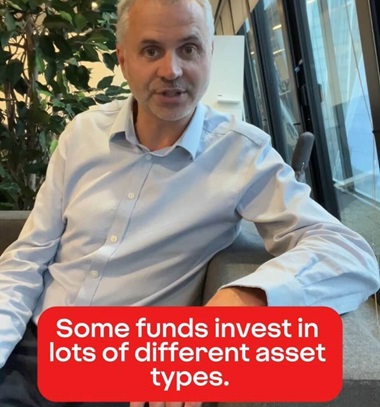
What’s asset allocation?
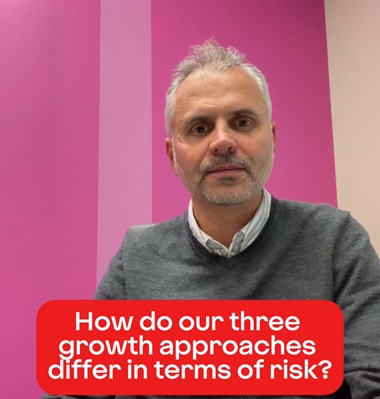
Does each growth approach have a different level of risk?
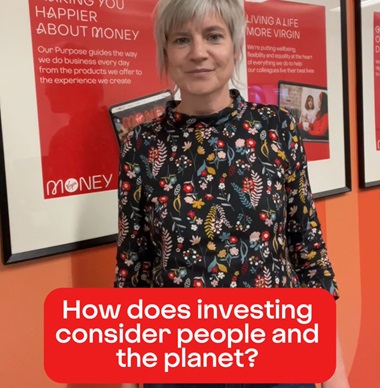
How can we consider people and the planet when we invest?
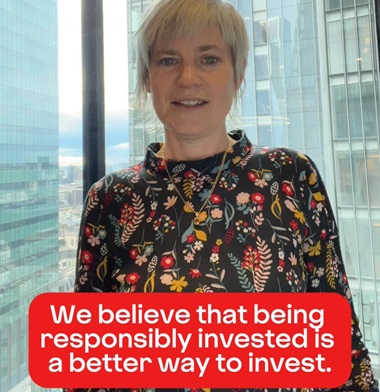
Why is responsibly investing important?

What’s volatility?

What’s a fund?

Why invest in a fund?
 PENSIONS
PENSIONS
Top tips for growing your pension
 PENSIONS
PENSIONS
Understanding Pension Tax: What You Need to Know Before Retirement
 PENSIONS
PENSIONS
What are my options in retirement?
 PENSIONS
PENSIONS
What is annuity?
 PENSIONS
PENSIONS
Income in Retirement: Planning for a Secure Future
 INVESTMENTS
INVESTMENTS
AI: The Good, The Bad, and The Not So Eco-Friendly

Spring Statement
 PENSIONS
PENSIONS
The perks of Pensions: 4 things everyone should know
And how to prepare your pension for any future changes.
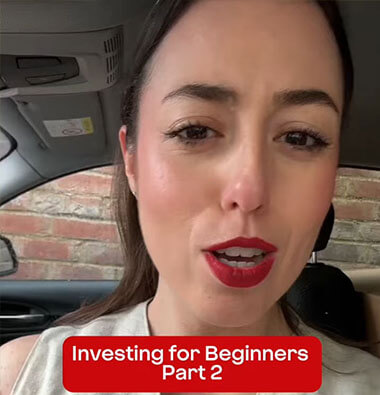
Investing For Beginners: Part 2
Take a dive into diversification with part 2 of our Investing for Beginners series.
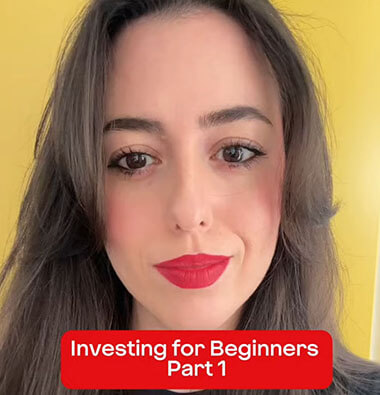
Investing For Beginners: Part 1
Want to know what a fund is? We've got you covered.
 PENSIONS
PENSIONS
How pension aware are you?
Here’s four facts you need to know.
 Investments
Investments
Better together; why I decided to save and invest
Hannah shares how she balances both to achieve her money goals.
 INVESTMENTS
INVESTMENTS
Navigating Elections; how political events impact the stock market
 INVESTMENTS
INVESTMENTS
What does regular investing mean?
 PENSIONS
PENSIONS
Pension jargon buster
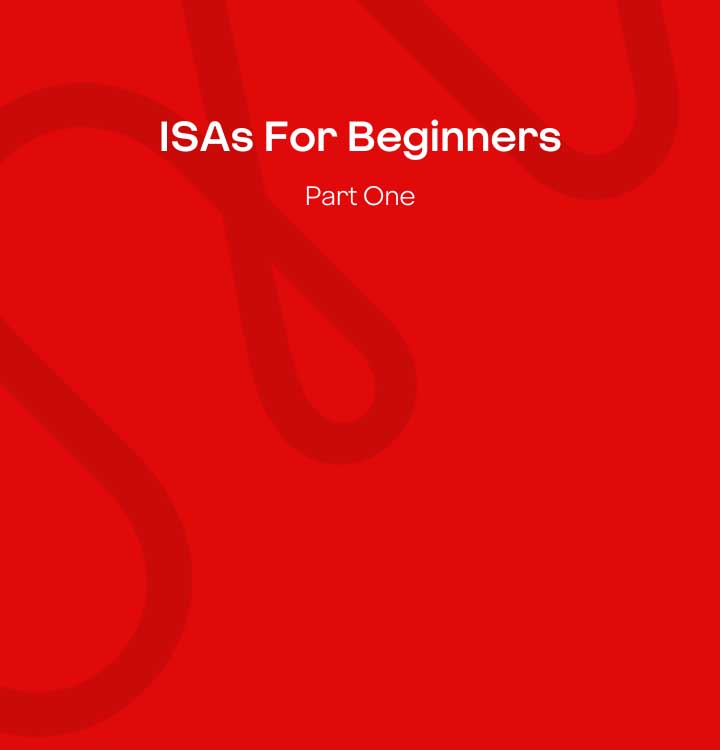
ISA For Beginners: Part 1
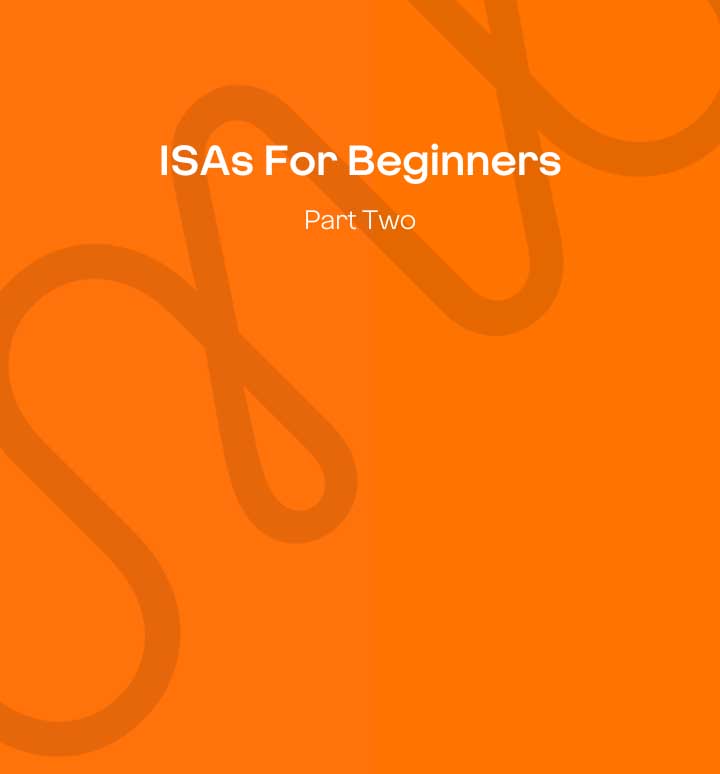
ISA For Beginners: Part 2
 PENSIONS
PENSIONS
Get to know our Navigator Pension
 INVESTMENTS
INVESTMENTS
Investing money and the risks
 INVESTMENTS
INVESTMENTS
Investments jargon buster
 PENSIONS
PENSIONS
When should I start paying into a pension?
 PENSIONS
PENSIONS
Let’s talk pension tax relief
 INVESTMENTS
INVESTMENTS
Cash ISA vs Stocks and Shares ISA – Which to choose?
 INVESTMENTS
INVESTMENTS
Should I invest in the stock market?
 INVESTMENTS
INVESTMENTS
3 things successful investors don’t do
 PENSIONS
PENSIONS
Am I too young to have a pension?
 INVESTMENTS
INVESTMENTS
Should you invest in shares or funds?
 INVESTMENTS
INVESTMENTS
Understanding ISA allowances
 PENSIONS
PENSIONS
How do pensions work?
 INVESTMENTS
INVESTMENTS
What’s an investment strategy and how do I make one?
 RESPONSIBLE INVESTING
RESPONSIBLE INVESTING
Beginners guide to responsible investing
 PENSIONS
PENSIONS
Your pension options explained
 INVESTMENTS
INVESTMENTS
How to invest in funds, a beginners guide
 INVESTMENTS
INVESTMENTS
What is investment risk, and why is it a good thing?
 PENSIONS
PENSIONS




